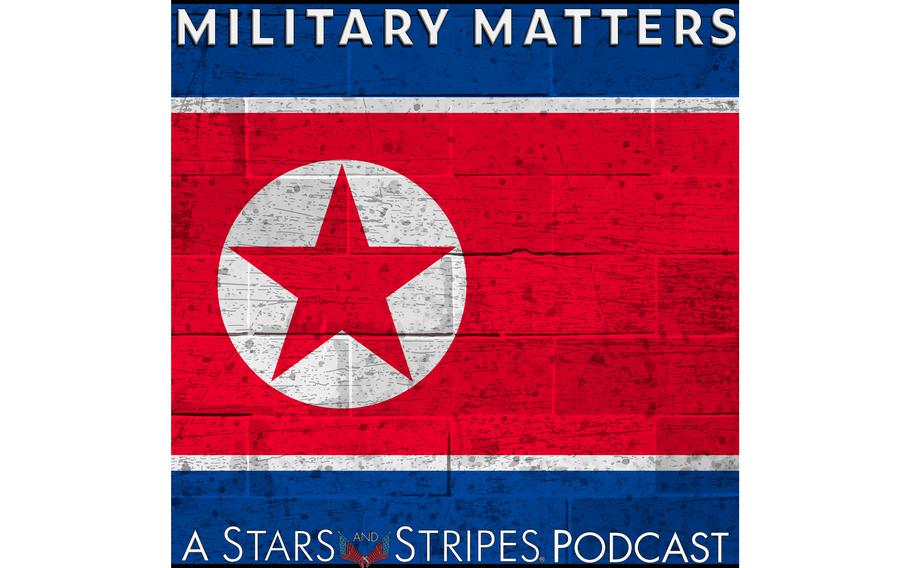
(Stars and Stripes)
While Russia makes headlines with its Ukraine invasion and the threat from China looms on the horizon, North Korea continues to provoke the U.S. and its allies. In recent months, the country has fired ballistic missiles and artillery in the Pacific and is threatening to conduct its first nuclear weapons test since 2017.
On this episode of Military Matters, co-host Jack Murphy speaks with retired Army Special Forces Col. David Maxwell, a senior fellow at The Foundation for Defense of Democracies and an expert on North Korea and U.S. defense policy and strategy. In part one of the interview, Maxwell details the history of the Korean peninsula since the end of World War II and the ongoing conflict between North and South.
That history has been intertwined with the U.S., with the State Department making the decision to initially divide the peninsula at the 38th parallel as the boundary between Soviet and U.S. occupation zones. The U.S., concerned about another outbreak of war, helped stand up the South’s military.
“We deliberately helped develop a Korean military that did not have offensive maneuver capabilities,” Maxwell said. “It was about a 50,000 man constabulary force to really defend against North Korean guerilla attacks, subversion and really maintain a strong police-type presence to defend the country from infiltration and internal attacks.”
When North Korea invaded the South in 1950, kicking off the Korean War, the United Nations established the United Nations Command under U.S. control. The UN Command had operational control of all forces in South Korea until 1978, when the ROK/US Combined Forces Command was established.
“A lot of people think that the U.S. controls Korean forces; that's not the case,” Maxwell said. “It is the Combined Forces Command, and the ROK military is a force provider to the Combined Forces Command, just as U.S. Forces Korea is a force provider.”
North Korea, meanwhile, has three main objectives, Maxwell said. The country’s strategy includes undermining South Korea through political warfare; using blackmail diplomacy including threats to obtain political and economic concessions from the U.S. and South Korea, namely sanction relief; and the development of advanced warfighting capabilities.
“They’ve been pursuing their nuclear weapons since the 1950s, which people don't really realize,” Maxwell said. “They're deathly afraid of U.S. air power. They're deathly afraid of what happened in the Korean War, and they believe they need nuclear weapons to deter an attack, and that the U.S. will not attack a nuclear-armed country.”
You can find Military Matters on Twitter @stripesmmpod.
Follow Jack Murphy on Twitter @jackmurphyrgr and Rod Rodriguez @rodpodrod.
A transcript of the episode can be found here.
Go to www.stripes.com use promo code PODCAST and save 50% on your digital subscription.